
This open book, Crisis and Legitimacy in Atlantic American Narratives of Piracy: 1678-1865, examines literary and visual representations of piracy beginning with A.O. Exquemelin's 1678 Buccaneers of America and ending at the onset of the US-American Civil War. Examining both canonical and understudied texts - from Puritan sermons, James Fenimo...

This open access book summarises the latest developments on data management in the EU H2020 ENVRIplus project, which brought together more than 20 environmental and Earth science research infrastructures into a single community. It provides readers with a systematic overview of the common challenges faced by research infrastructures and how a '...

This open book on the history of the National Radio Astronomy Observatory covers the scientific discoveries and technical innovations of late 20th century radio astronomy with particular attention to the people and institutions involved. The authors have made extensive use of the NRAO Archives, which contain an unparalleled collection of documents ...
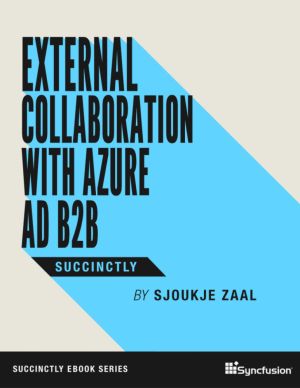
Secure collaboration in your organization's applications and services with outside groups can be tricky, but Azure Active Directory boasts features that make it simple. In External Collaboration with Azure AD B2B Succinctly, author Sjoukje Zaal takes readers step-by-step through creating guest accounts, managing security groups, and adding use...
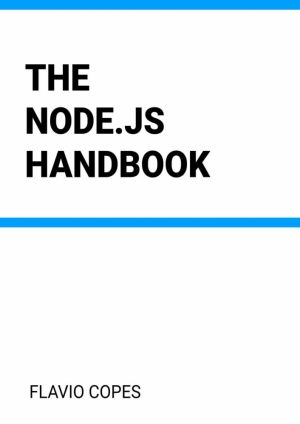
Node.js is built on top of the Google Chrome V8 JavaScript engine, and it's mainly used to create web servers - but it's not limited to that.
The Node.js Handbook follows the 80/20 rule: learn in 20% of the time the 80% of a topic. The author find this approach gives a well-rounded overview....
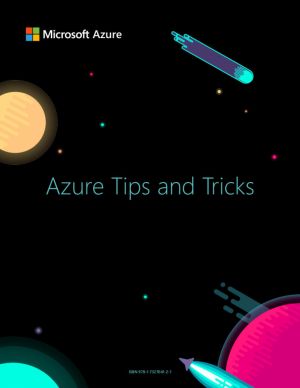
When I reflect back on Azure Tips and Tricks a year ago, I was only thinking that I'd write a couple of posts and move on. Fast-forward to today, the collection has grown to over 150+ tips, as well as videos, conference talks, and now an eBook spanning the entire universe of the Azure platform. What you are currently reading is a special colle...
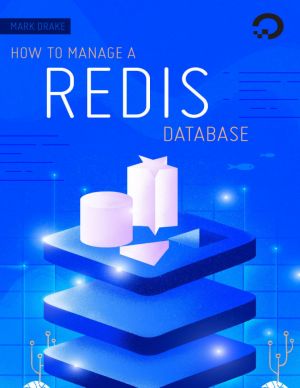
This book aims to provide an approachable introduction to Redis concepts by outlining many of the key-value store's commands so readers can learn their patterns and syntax, thus building up readers' understanding gradually. The goal for this book is to serve as an introduction to Redis for those interested in getting started with it, or k...
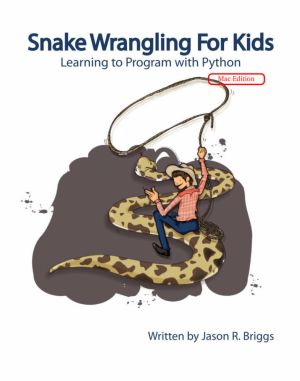
Python for Kids is a lighthearted introduction to the Python language and to programming in general, complete with illustrations and kid-friendly examples. We begin with the basics of how to install Python and write simple commands. In bite-sized chapters, you'll discover the essentials of Python, including how to use Python's extensive s...
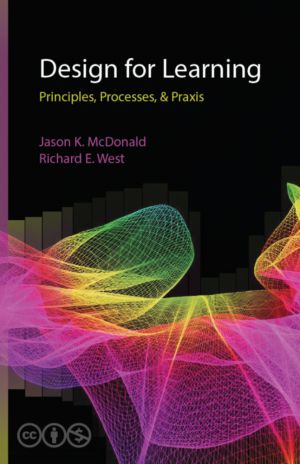
Our purpose in this book is twofold. First, we introduce the basic skill set and knowledge base used by practicing instructional designers. We do this through chapters contributed by experts in the field who have either academic, research-based backgrounds, or practical, on-the-job experience (or both). Our goal is that students in introductory ins...
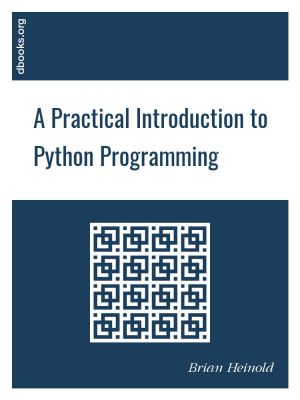
This book started out as about 30 pages of notes for students in my introductory programming class at Mount St. Mary's University. Most of these students have no prior programming experience, and that has affected my approach. I leave out a lot of technical details and sometimes I oversimplify things. Some of these details are filled in later ...
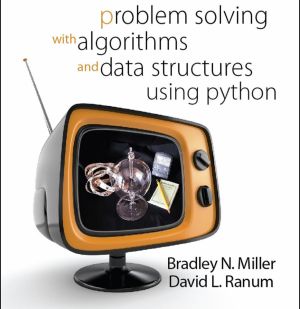
The study of algorithms and data structures is central to understanding what computer science is all about. Learning computer science is not unlike learning any other type of difficult subject matter. The only way to be successful is through deliberate and incremental exposure to the fundamental ideas. A beginning computer scientist needs practice ...
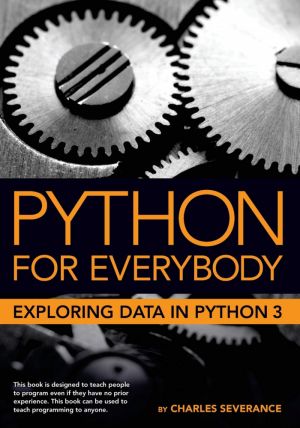
Python for Everybody is designed to introduce students to programming and software development through the lens of exploring data. You can think of the Python programming language as your tool to solve data problems that are beyond the capability of a spreadsheet. Python is an easy to use and easy to learn programming language that is freely availa...

How do university finances really work?
From flagship public research universities to small, private liberal arts colleges, there are few aspects of these institutions associated with more confusion, myths or lack of understanding than how they fund themselves and function in the business of higher education. Using simple, approachable explanati...

The Business of Plant Breeding is the result of a study on demand-led plant variety design for markets in Africa, sharing best practices from private and public sector breeding programmes worldwide that are applicable to improving tropical crops in Africa.
Beginning with an overview of the principles of demand-led plant breeding, the book then d...
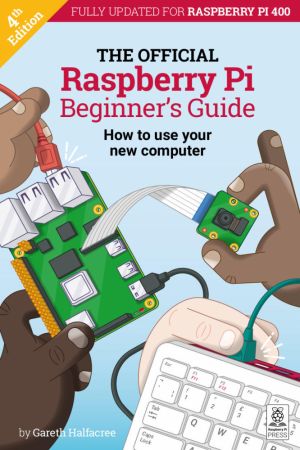
Fully updated for Raspberry Pi 400, Raspberry Pi 4, and the latest software, this 252-page official Raspberry Pi book is crammed with projects and beginner's guides containing all the information you need to get started using your new computer!
Learn how to set up your Raspberry Pi, install an operating system, and start using it. Follow st...
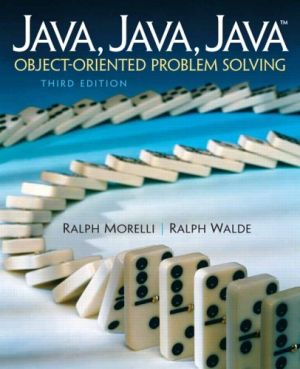
Functional and flexible, this guide takes an objects-first approach to Java programming and problem using games and puzzles. Offers independent introductions to both a command-line interface and a graphical user interface (GUI). Features coverage of Unified Modeling Language (UML), the industry-standard, object-oriented design tool. Illustrates key...
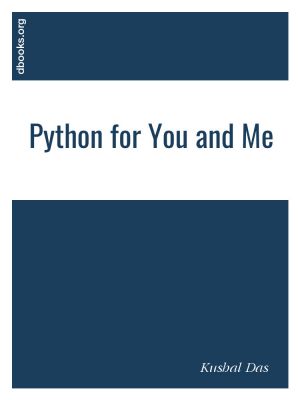
This is a simple open book to learn Python programming language, it is for the programmers who are new to Python.
Python is an interpreted, high-level and general-purpose programming language. Python consistently ranks as one of the most popular programming languages. Large organizations that use Python include Wikipedia, Google, Yahoo, CERN, NA...
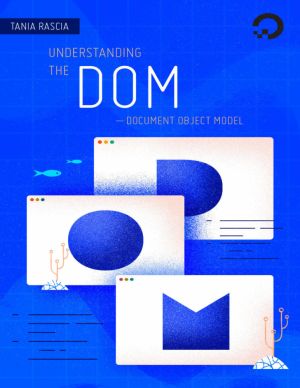
JavaScript is the de facto programming language of the web, but the language itself does not include any built-in method for working with input/output (I/O), such as graphics display and sound. Instead, the web browser provides an API for accessing the HTML document in a tree structure known as the Document Object Model (DOM). The combination of Ja...
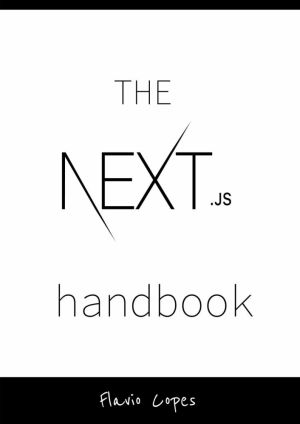
The author wrote this open book to help you quickly learn Next.js and get familiar with how it works.
The ideal reader of the book has zero knowledge of Next.js, has used React in the past, and is looking forward diving more into the React ecosystem, in particular server-side rendering.
I find Next.js an awesome tool to create Web Application...
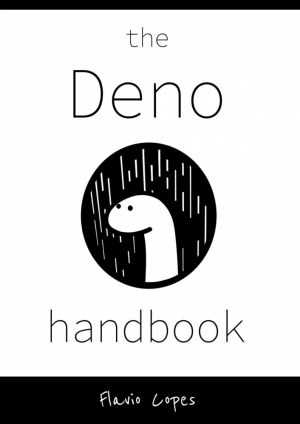
Deno is a runtime for JavaScript and TypeScript that is based on the V8 JavaScript engine and the Rust programming language.
The Deno Handbook follows the 80/20 rule: learn in 20% of the time the 80% of a topic. In particular, the goal is to get you up to speed quickly with Deno....
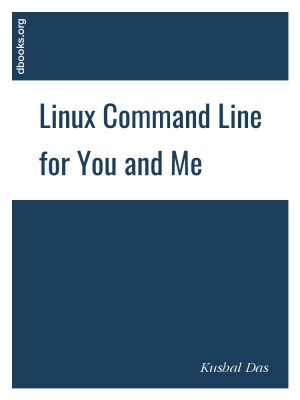
The command line is a text interface for your computer. It's a program that takes in commands, which it passes on to the computer's operating system to run.
Linux command line for you and me is a open book for newcomers to command line environment....

The method of Do-It-Yourself (DIY) has been around for a long time, and in majority of the cases this has been associated with home renovation and make overs. But, in the past decade this mindset of DIY has shifted to the online world. It has now become the norm for anyone to create their own website without seeking the help of a website profession...
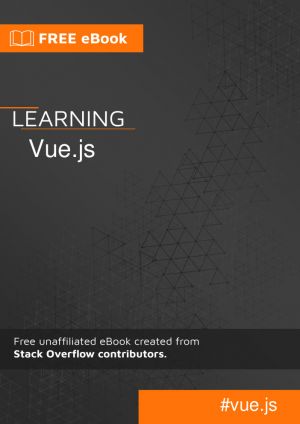
Vue.js is an open-source MVVM (model-view-viewmodel) front end JavaScript framework for building user interfaces and single-page applications.
It is an unofficial and free Vue.js ebook created for educational purposes. All the content is extracted from Stack Overflow Documentation, which is written by many hardworking individuals at Stack Overfl...
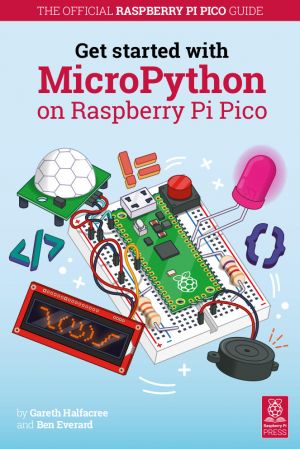
Raspberry Pi Pico is a new low-cost, high-performance microcontroller board with flexible digital interfaces. Microcontrollers are computers stripped back to their bare essentials. You don't use monitors or keyboards, but program them to take their input from, and send their output to the input/output pins. Using these programmable connections...
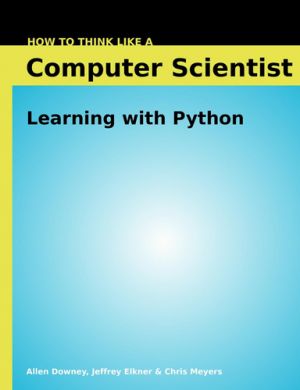
How to Think Like a Computer Scientist: Learning with Python - is an introduction to computer science using the Python programming language. It covers the basics of computer programming, including variables and values, functions, conditionals and control flow, program development and debugging. Later chapters cover basic algorithms and data structu...
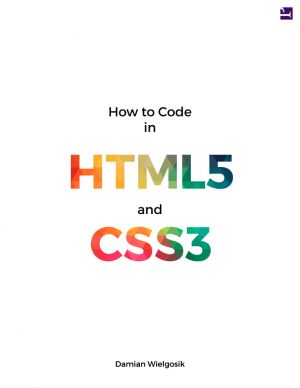
"How to Code in HTML5 and CSS3" is a free e-book about making websites in HTML5 and CSS for absolute beginners. It doesn't require any experience in IT to start. The aim of this book is to show the art of making websites using a plain language which is full of practical analogies. After reading over 100 pages you will get to know bas...
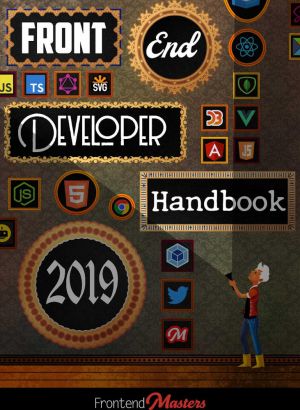
This is a guide that everyone can use to learn about the practice of front-end development. It broadly outlines and discusses the practice of front-end engineering: how to learn it and what tools are used when practicing.
It is specifically written with the intention of being a professional resource for potential and currently practicing front-e...
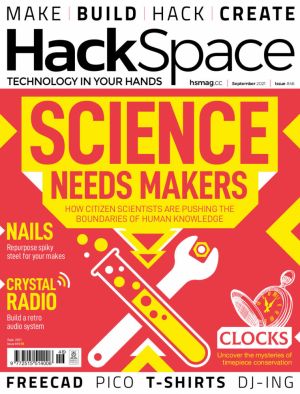
Anyone can be a scientist, and this issue we'll show you how. Whether you're interested in space, traffic, the oceans, or something else, there's a citizen science project for you. The world has never been more connected - so let's use that connectivity to make our planet better!
- We talk to a real-like scientist about the e...

This stunning 224-page hardback book not only tells the stories of some of the seminal video games of the 1970s and 1980s, but shows you how to create your own games inspired by them using Python and Pygame Zero, following examples programmed by Raspberry Pi founder Eben Upton.
In the first of two volumes, we remake five classic video games - ra...
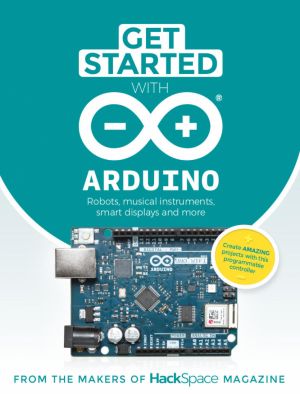
Whether you want to build robots, smart devices, or any other electronically controlled projects, this is the book you need. We take you through how to program and connect an Arduino microcontroller board, then explore some great projects to make with it.
- Build a four-legged walking robot;
- Create a Tetris-inspired clock;
- Grow your own ve...
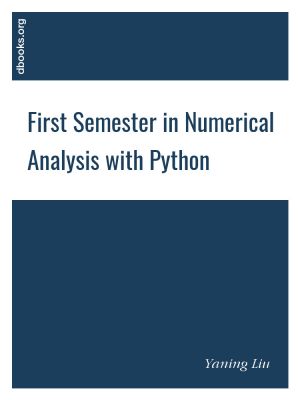
The book is based on "First semester in Numerical Analysis with Julia". The contents of the original book are retained, while all the algorithms are implemented in Python (Version 3.8.0). Python is an open source (under OSI), interpreted, general-purpose programming language that has a large number of users around the world. Python is ran...

Climate change negotiations have failed the world. Despite more than thirty years of high-level, global talks on climate change, we are still seeing carbon emissions rise dramatically. This edited volume, comprising leading and emerging scholars and climate activists from around the world, takes a critical look at what has gone wrong and what is to...
